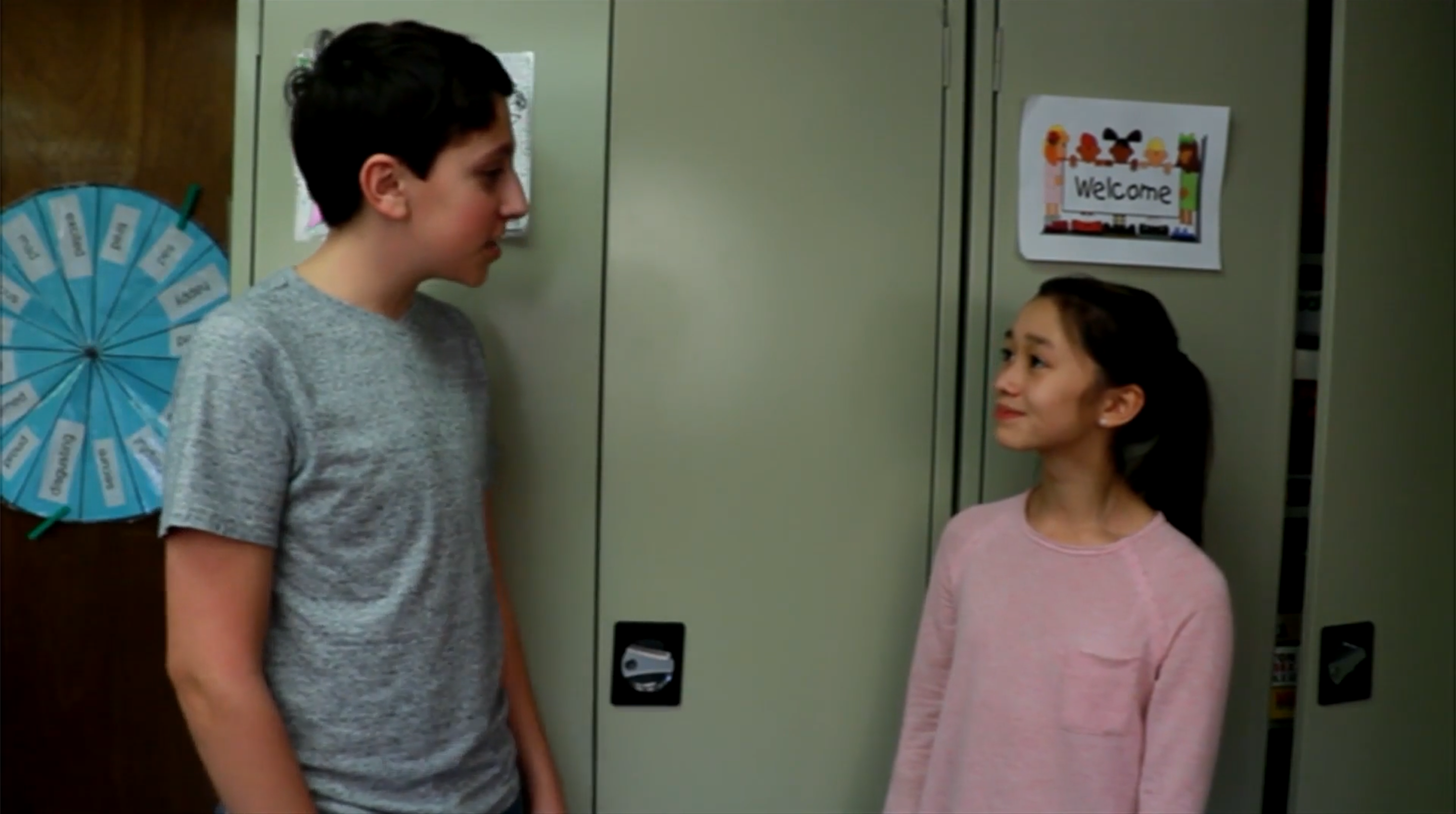Introduction
Introducing oneself is a fundamental social skill for children to learn. It helps them initiate conversations, make new friends, and create a positive first impression. Teaching PreK students how to introduce themselves effectively will set the foundation for successful social interactions and build their confidence. This blog post will discuss a no-prep activity, discussion questions, related skills, and next steps for educators to help their students learn and practice this essential skill.
No-Prep Activity: The Name Game
This simple, engaging activity requires no preparation or materials and can be easily adapted for any group size. It helps students practice introducing themselves and remembering the names of their classmates.
- Have students sit in a circle.
- Start by introducing yourself: “Hello, my name is [Your Name].”
- Ask the student to your left to introduce themselves and repeat your name: “Hello, my name is [Student’s Name], and this is [Your Name].”
- Continue around the circle, with each student introducing themselves and repeating the names of everyone who came before them.
- When the circle is complete, have the last student introduce themselves and try to recall all the names in the circle.
Encourage students to use body language, such as facing the person they are talking to and making eye contact if comfortable, while introducing themselves.
Discussion Questions
- Why is it important to introduce ourselves when meeting new people?
- How can using body language, such as facing the person and making eye contact, help us when introducing ourselves?
- Can you think of a situation where you might need to introduce yourself to someone new? How would you do it?
- What can we do to remember the names of the people we meet?
- How does it feel when someone remembers your name and uses it in a conversation?
Related Skills
Teaching students how to introduce themselves is just the beginning. Here are some other related skills that can help PreK students develop their social abilities:
- Active listening
- Asking appropriate questions
- Maintaining personal space
- Reading and responding to social cues
- Expressing empathy and understanding
Next Steps
Helping PreK students develop their social skills is an ongoing process. To support your students’ growth and provide them with more opportunities to practice, consider signing up for free sample materials from Everyday Speech. These resources cover a wide range of social-emotional learning topics, including introducing oneself and many other essential skills. Equip yourself with valuable tools to nurture your students’ social development and empower them to thrive in their interactions with others.






